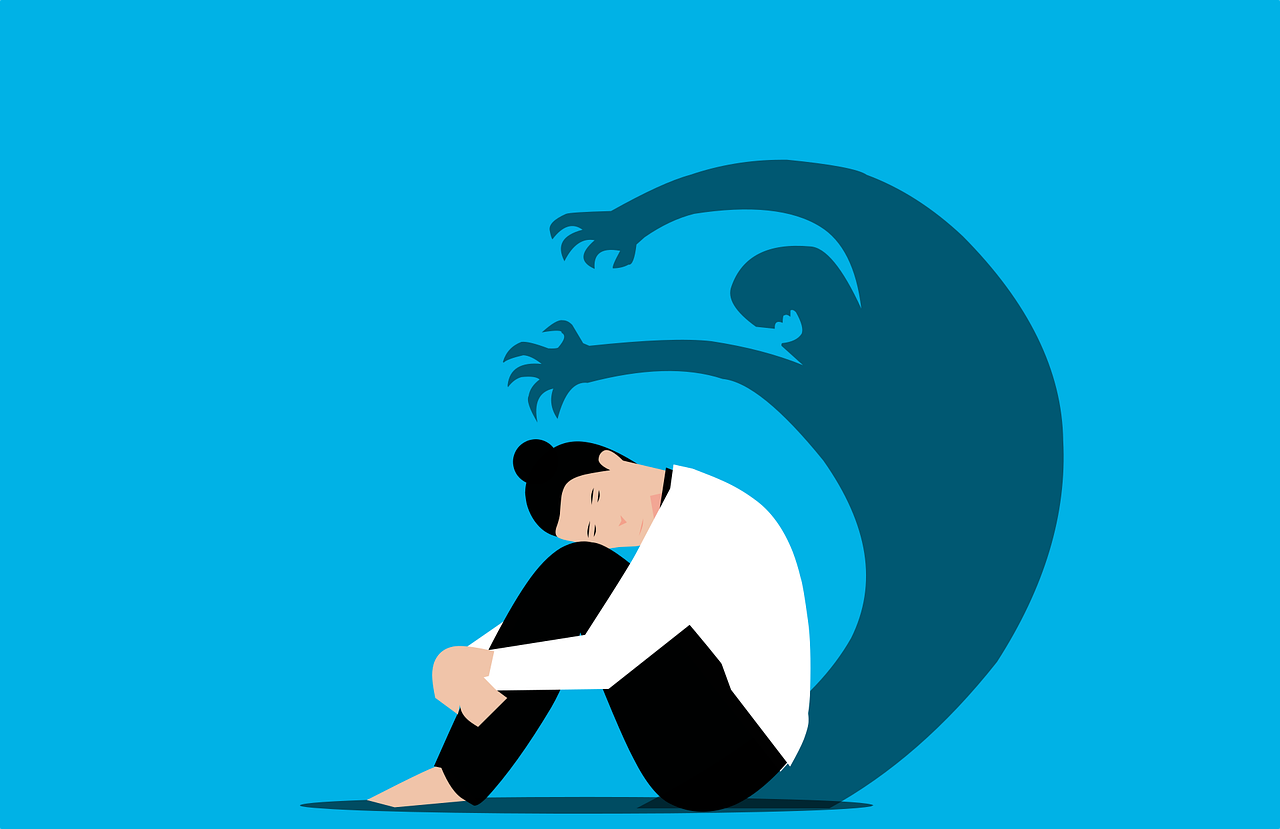😰 Anxiety: Is It a Matter of Stress or Not?
07/01/2024

Anxiety is a normal and even useful human emotion in many situations, as it helps us prepare to face challenges and protect ourselves from danger. However, when this natural reaction becomes chronic and pervasive, it can have detrimental effects on daily life and mental health.
In this article, I provide insights into this complex emotion.
🧐 The Complex Mechanisms of Anxiety
Anxiety results from complex mechanisms involving a combination of genetic, environmental, and neurobiological factors. Studies have shown that some people are genetically more predisposed to developing anxiety disorders, while traumatic or stressful events in the environment can trigger or worsen anxiety. Neurobiologically, imbalances in brain neurotransmitters such as serotonin and norepinephrine can play a role in the development of anxiety.
🧐 No Miracle Cure
While there are several treatment approaches for anxiety, there is no universal solution or miracle cure. Treatment options may include cognitive-behavioral therapy, medication, exposure therapy, relaxation, and stress management, among others. However, each individual responds differently to treatments, and it is often necessary to experiment with different approaches to find what works best for each person.
🧐 Variable Symptoms
The symptoms of anxiety can vary from person to person and can also vary in severity. Some of the most common symptoms include muscle tension, restlessness, palpitations, difficulty concentrating, negative thoughts, and constant apprehension. In severe cases, anxiety can lead to panic attacks, debilitating phobias, or even generalized anxiety disorders.
🌿 Gentle Solutions to Soothe Anxiety
While it is often necessary to resort to medical and therapeutic treatments to address anxiety, there are also gentle solutions that can help soothe this pervasive emotion on a daily basis:
-
Deep Breathing and Meditation 🧘♀️ Practicing deep breathing and meditation can help calm the mind and reduce anxiety symptoms. These relaxation techniques help slow the heart rate and ease bodily tension.
-
Regular Physical Exercise 🏃♂️ Physical exercise releases endorphins, the feel-good hormones, and can help reduce stress and anxiety. Try to engage in at least 30 minutes of moderate exercise, such as walking, jogging, or yoga, several times a week.
-
Healthy Lifestyle 🍎 Maintaining a balanced diet, getting enough sleep, and avoiding stimulants like caffeine and alcohol can contribute to better anxiety management.
-
Aromatherapy 🌸 Using essential oils, such as lavender, chamomile, or bergamot, can have calming effects on the nervous system and help reduce anxiety. Diffuse them in the air or apply them to your pulse points.
-
Spending Time in Nature 🌳 Spending time outdoors, especially in natural environments, can help reduce stress levels and improve mood. Try to spend time outside every day, even if it's just for a short walk.
-
Creative Activities 🎨 Engaging your mind in creative activities like painting, writing, music, or gardening can be an excellent way to distract yourself from anxiety and promote a more relaxed and positive state of mind.
Conclusion
In conclusion, anxiety is a complex issue influenced by a multitude of factors. Although it can be challenging to treat, it is important to recognize that anxiety is a real medical condition and that solutions are available to help those who suffer from it manage their symptoms and regain a better quality of life. Feel free to integrate these gentle solutions into your daily routine to soothe your mind and improve your well-being.